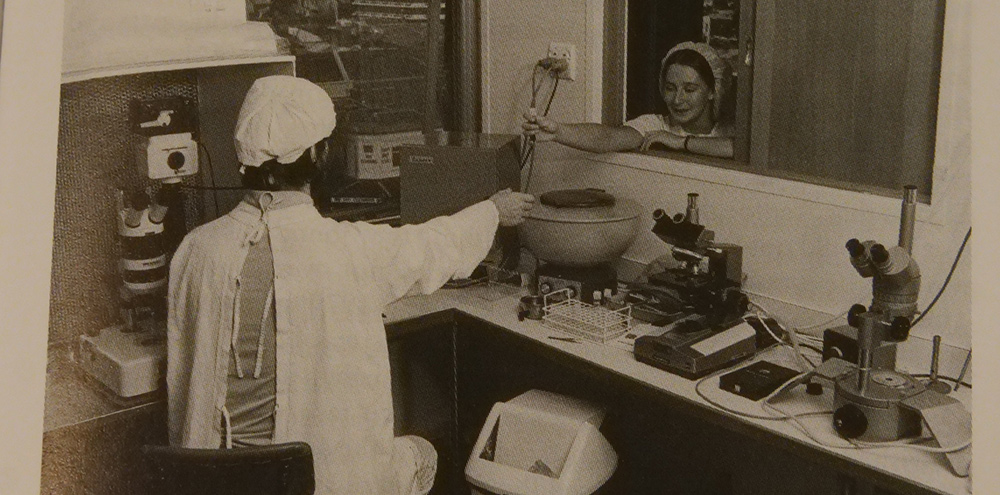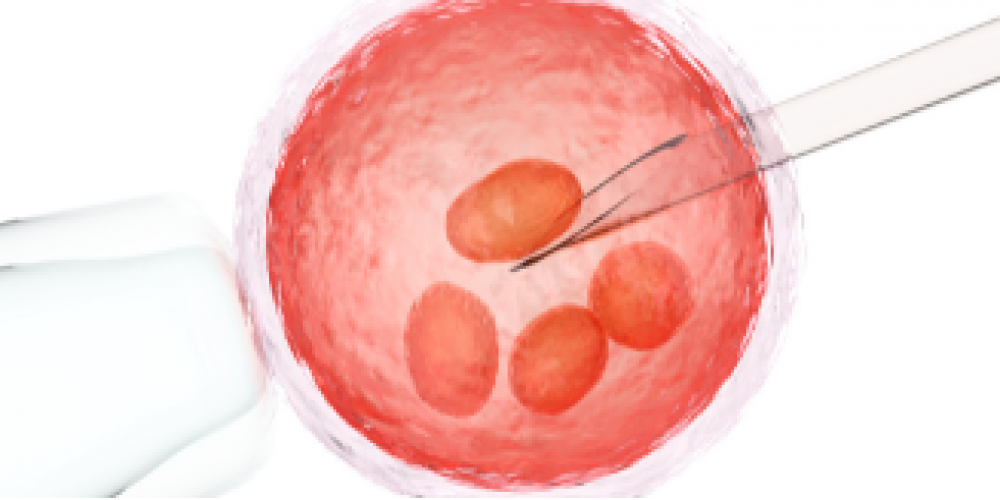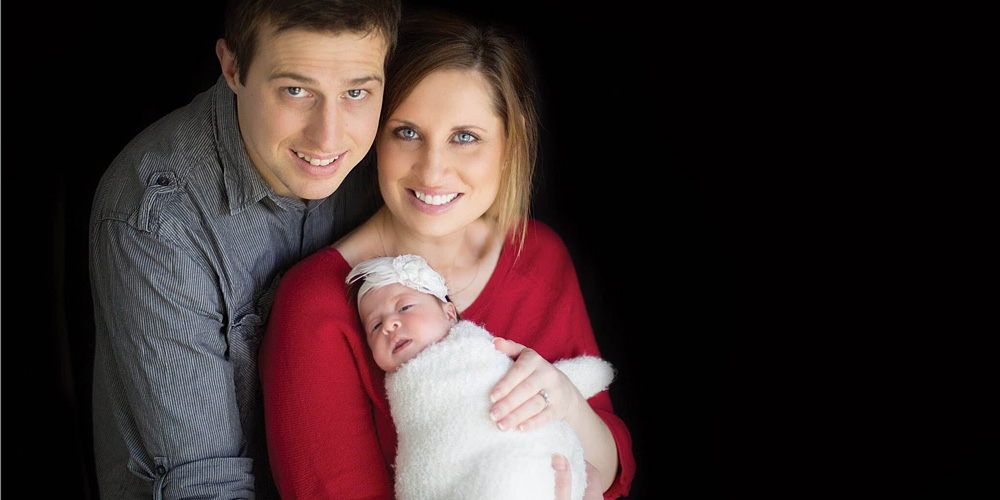
The Royal Women’s Hospital in Melbourne is celebrating 40 years since the birth of Australia’s first baby conceived through IVF, Candice Reed – a major milestone for science and fertility.
The pioneering team at the Women’s, led by the late Dr Ian Johnston who ran the hospital’s ‘Infertility Clinic’ (now known as Reproductive Services), was able to achieve Australia’s first successful IVF pregnancy in 1979 which led to Candice’s birth on 23 June 1980.
At the time, success rates for IVF were extremely low but with more knowledge and better technology came major increases in the chances of success.
Ahead of her birthday, Candice Thum (nee Reed) who now runs the charity Fertility Matters, said the Women’s holds a very special place in her heart.
“The care my parents received at the Women’s was full of love and generosity,” said Ms Thum.
“Everyone was involved in every step of the process. Everything was focused on giving them the treatment they needed to result in a child. It wasn’t an experiment, it was really important work that was happening.
“It’s incredibly hard to put into words how grateful we are for their work – for us and for many others facing fertility issues, it’s been amazing.”
Associate Professor Kate Stern, Head of the Women’s Reproductive Services, says it’s incredible how far the technology and societal attitudes to IVF have come in just a few decades.
“We have gone from the days where IVF is seen as “miraculous” to part of routine care for women and couples in just a few decades,” says Associate Professor Stern.
“We must not forget that there has been, and continues to be, big science which underpins the success of IVF. And we are still striving to make it better – to further increase the chances of success – and to make it more affordable and accessible for women and families.”
Associate Professor John McBain AO was a member of Dr Johnston’s team when Candice was conceived and born, and was at the Women’s for 40 years up until his retirement in 2018.
“The true pioneers of this time were not the scientists and clinicians, but rather the women involved in the research – women like Linda Reed, Candice’s mother, who endured the intense disappointment of failed attempts and pregnancies,” said Associate Professor McBain.
“It remains a great privilege to have helped so many women and couples personally and through the large team of doctors which we have trained over the years.
“In the future I hope to see more focus on the prevention of infertility as well as advances in gene therapy – the latter, I hope, will see the end of hereditary conditions.”
Read related content from the Women's
-
 Statewide Public Fertility Care
Statewide Public Fertility CareThe Victorian Public Fertility Care Service assists people of all genders who have been trying unsuccessfully to conceive or who have issues which may prevent or impair fertility or safe conception.
Learn more -
Fertility Preservation Service
Medical fertility preservation consultation, assessment and advice for girls, young women, boys and young men whose fertility is at risk from a medical condition, its treatment, a genetic issue, or gender identity management.
Learn more -
 Fertility specialists achieve new birth success from ovarian tissue graft
Fertility specialists achieve new birth success from ovarian tissue graftNew parents Jodie and Aden: Evie has made our lives complete
Learn more -
Male infertility
In the past, men with infertility had limited treatment options. Today, new tests and treatments have enabled many infertile men to father children.
Learn more